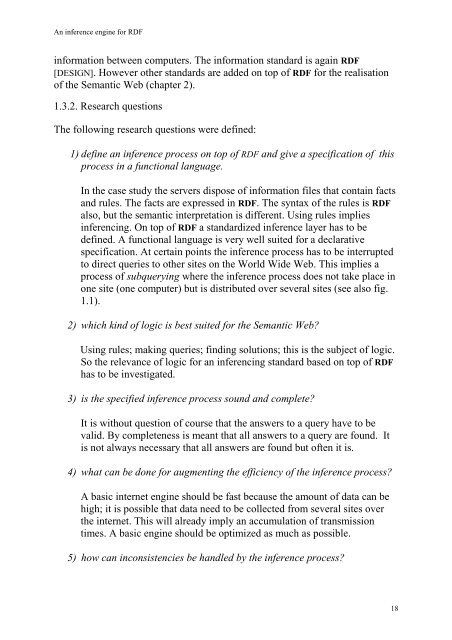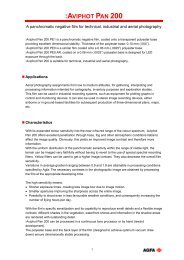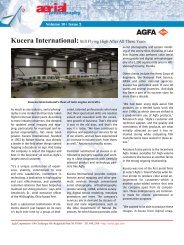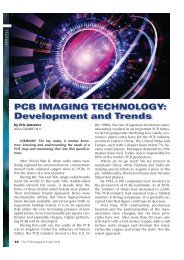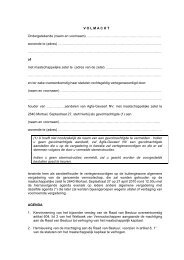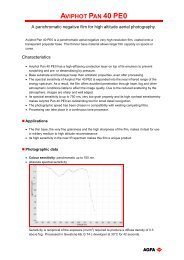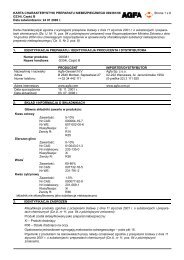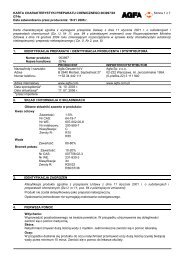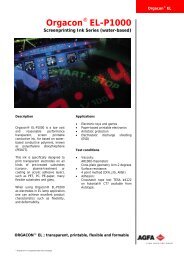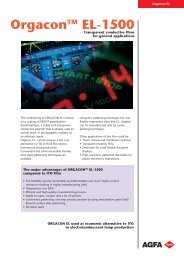An inference engine for RDF - Agfa
An inference engine for RDF - Agfa
An inference engine for RDF - Agfa
Create successful ePaper yourself
Turn your PDF publications into a flip-book with our unique Google optimized e-Paper software.
<strong>An</strong> <strong>inference</strong> <strong>engine</strong> <strong>for</strong> <strong>RDF</strong><br />
in<strong>for</strong>mation between computers. The in<strong>for</strong>mation standard is again <strong>RDF</strong><br />
[DESIGN]. However other standards are added on top of <strong>RDF</strong> <strong>for</strong> the realisation<br />
of the Semantic Web (chapter 2).<br />
1.3.2. Research questions<br />
The following research questions were defined:<br />
1) define an <strong>inference</strong> process on top of <strong>RDF</strong> and give a specification of this<br />
process in a functional language.<br />
In the case study the servers dispose of in<strong>for</strong>mation files that contain facts<br />
and rules. The facts are expressed in <strong>RDF</strong>. The syntax of the rules is <strong>RDF</strong><br />
also, but the semantic interpretation is different. Using rules implies<br />
inferencing. On top of <strong>RDF</strong> a standardized <strong>inference</strong> layer has to be<br />
defined. A functional language is very well suited <strong>for</strong> a declarative<br />
specification. At certain points the <strong>inference</strong> process has to be interrupted<br />
to direct queries to other sites on the World Wide Web. This implies a<br />
process of subquerying where the <strong>inference</strong> process does not take place in<br />
one site (one computer) but is distributed over several sites (see also fig.<br />
1.1).<br />
2) which kind of logic is best suited <strong>for</strong> the Semantic Web?<br />
Using rules; making queries; finding solutions; this is the subject of logic.<br />
So the relevance of logic <strong>for</strong> an inferencing standard based on top of <strong>RDF</strong><br />
has to be investigated.<br />
3) is the specified <strong>inference</strong> process sound and complete?<br />
It is without question of course that the answers to a query have to be<br />
valid. By completeness is meant that all answers to a query are found. It<br />
is not always necessary that all answers are found but often it is.<br />
4) what can be done <strong>for</strong> augmenting the efficiency of the <strong>inference</strong> process?<br />
A basic internet <strong>engine</strong> should be fast because the amount of data can be<br />
high; it is possible that data need to be collected from several sites over<br />
the internet. This will already imply an accumulation of transmission<br />
times. A basic <strong>engine</strong> should be optimized as much as possible.<br />
5) how can inconsistencies be handled by the <strong>inference</strong> process?<br />
18


